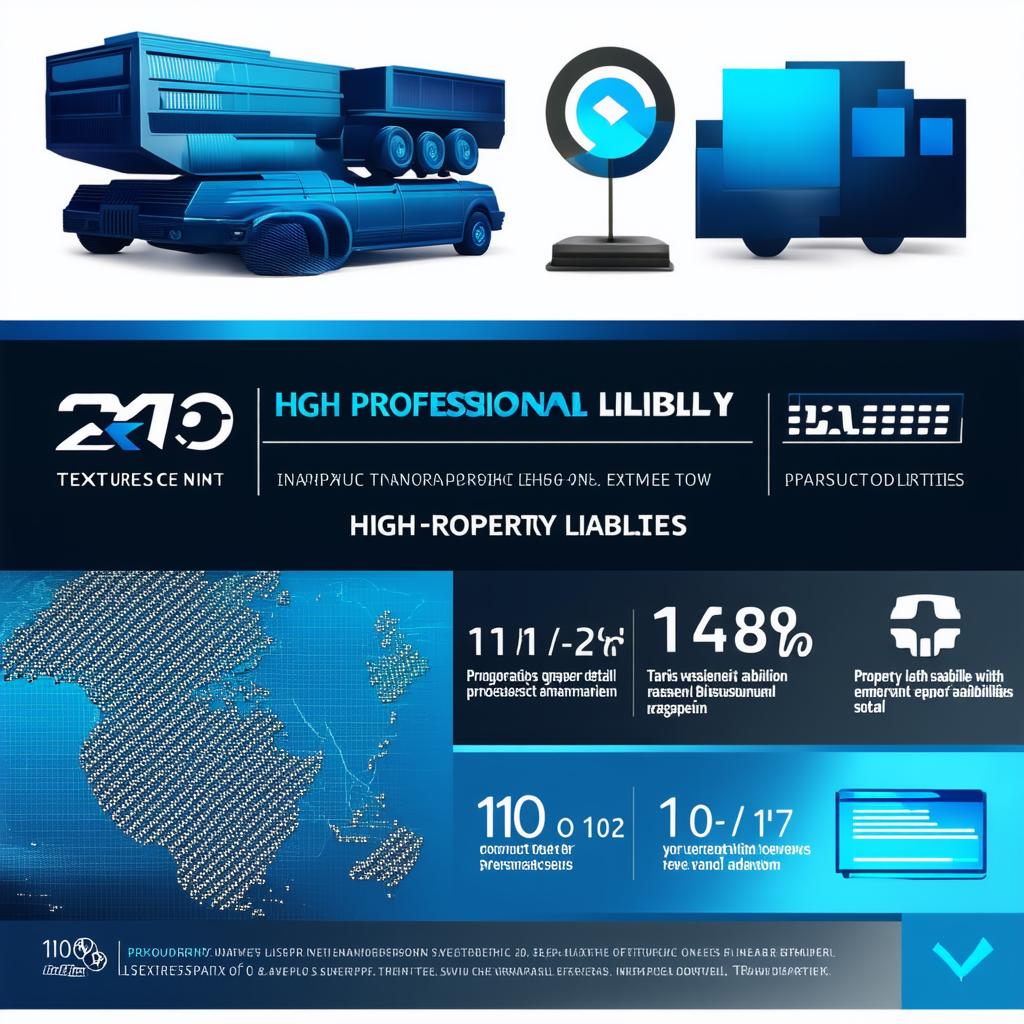As a business owner, you know that your company’s success is contingent upon its ability to manage risk effectively.
Liabilities are a type of financial risk that can put your business at risk if not managed properly. In this article, we will explore the various types of liabilities that companies may face and discuss strategies for mitigating these risks.
Types of Liabilities for Companies
There are several types of liabilities that companies may encounter, including:
Contractual Liabilities
Contractual liabilities are obligations that a company enters into when entering into a contract with another party. These can include liabilities related to the performance of services, delivery of goods, and other commitments made by the parties involved.
- Breach of contract claims
- Liability for defective products or services
- Payment claims for unpaid invoices
Tort Liabilities

Tort liabilities arise when a company engages in wrongful behavior that causes harm to another party. Examples of tort liabilities include:
- Product liability
- Personal injury claims
- Defamation and libel claims
- Negligence claims
Criminal Liabilities
Criminal liabilities arise when a company engages in illegal or unethical behavior. These can include penalties imposed by the government, such as fines and imprisonment for individuals involved in the criminal activity. Examples of criminal liabilities include:
- Fraud and embezzlement
- Bribery and corruption
- Environmental violations
Statutory Liabilities
Statutory liabilities arise from compliance with laws and regulations. These can include fines, penalties, and other legal consequences for failing to comply with these requirements. Examples of statutory liabilities include:
- Labor law violations
- Health and safety violations
- Environmental violations
Common Law Liabilities
Common law liabilities arise from the principles of tort law that have been developed over time through court cases and legal decisions. These can include:
- Negligence claims
- Product liability claims
- Personal injury claims
Mitigating Risks
Once you have a better understanding of the types of liabilities that your company may face, it’s important to develop strategies for mitigating these risks. Here are some tips for managing liabilities effectively:
- Develop Strong Contractual Agreements
When entering into a contract with another party, make sure that you have strong legal protections in place. This can include clear and concise terms of the agreement, as well as provisions for handling disputes and breaches of the contract.
- Maintain Compliance with Laws and Regulations
Ensure that your company is in compliance with all relevant laws and regulations. This can include registering for the appropriate licenses and permits, as well as adhering to safety and environmental standards.
- Implement Strong Risk Management Practices
Implement strong risk management practices within your company, including regular audits and assessments of potential risks. This can help you identify areas where your company may be vulnerable to liability and develop strategies for mitigating these risks.
- Develop a Crisis Management Plan
Develop a crisis management plan that outlines the steps your company will take in the event of a liability or other crisis. This can include procedures for notifying customers, employees, and other stakeholders, as well as protocols for handling legal and financial aspects of the crisis.
Real-Life Examples of Liabilities and Mitigation Strategies
Here are some real-life examples of liabilities that companies have faced, as well as strategies for mitigating these risks:
- Toyota’s Recall of Millions of Cars
In 2009, Toyota recalled millions of cars due to a faulty accelerator pedal that could cause the car to speed out of control. This recall cost Toyota billions of dollars in legal and financial damages, as well as damage to its reputation. To mitigate this risk, Toyota implemented stronger quality control measures, including additional testing and inspection of vehicles before they left the factory.
- BP’s Deepwater Horizon Oil Spill
In 2010, BP’s Deepwater Horizon oil spill caused significant damage to the environment and the local economy in the Gulf of Mexico. The spill cost BP billions of dollars in legal and financial damages, as well as damage to its reputation. To mitigate this risk, BP implemented stronger safety measures on its offshore drilling platforms, including additional training for employees and improved communication between team members.
Summary
Liabilities are a type of financial risk that can put your business at risk if not managed properly. By understanding the various types of liabilities that companies may face and developing strategies for mitigating these risks, you can minimize the impact of liability on your business and protect your company’s long-term success. Remember to develop strong contractual agreements, maintain compliance with laws and regulations


